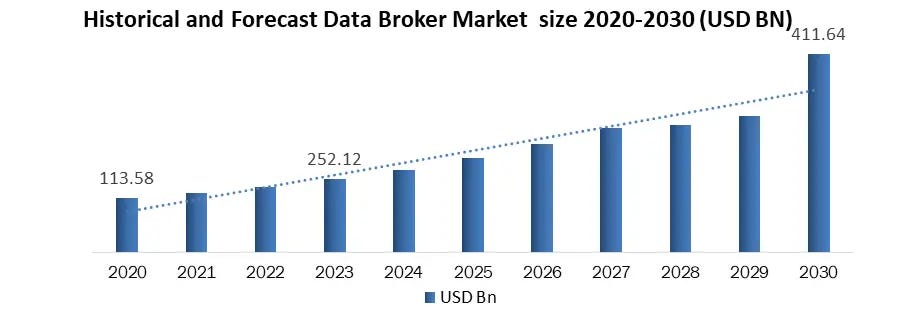The Dark Side of Customer Data Brokering
Think before you click!
Data brokers know there’s a dark side to data collection. But they won’t tell you directly.
Brokers will attempt to hide behind consistently happy, ethnically ambiguous faces on the front of every data catalog’s websites1.
But these happy people aren’t real customers. The real customers for these companies are corporations buying data to append to their existing customer data.
Data brokers created a pretty slick business for themselves, but it comes at a cost.

In this post, we’ll cover some concerns that mass data collection and sale can cause.
As a customer, you should be aware of the landscape of data collection.
As a marketer, you should understand the consequences of mass data collection you may help fund through data appends.
Privacy Concerns
Monetizing (or even unsafely collecting) data that you effectively can’t opt out from—utility data, for example—is a problem.
The more of your data that someone collects and owns, the more privacy-intrusion opportunities you are vulnerable to. And you might not even be aware before its a problem!
Here’s a look at some of the key issues—and mock examples2—associated with each type of data:
Utilities Data
Privacy Concerns:
Detailed Personal Habits: Utilities data can reveal a lot about a person's daily routines and habits. For instance, smart meter energy consumption patterns can indicate when someone is home or away.3
Security Risks: Detailed utilities data can be used maliciously if it falls into the wrong hands. For example, knowing when a house is likely to be empty can increase the risk of burglaries.
Insurance Model Risks: Educated inferences based on consumption and A/C rates might allow insurance brokers to model if a household is cooking at home or eating take-out more. People who do not use the oven for regular cooking may be unfairly lumped in with those who eat take-out every night.
Financial Data
Privacy Concerns:
Sensitive Information: Financial data is highly sensitive and includes details about a person's spending habits, debts, and income.
Fraud: The more entities that collect and share this information leads to a larger attack surface for identity theft and financial fraud.
Discrimination Risks: Misuse of financial data can result in discriminatory practices, such as being put on a watchlist for activities a normal person may do.
Life Event Data
Privacy Concerns:
Intimate Details: Life event data, such as marriage, childbirth, and moving, involves very personal information. Sharing or selling this data without explicit consent can be seen as a significant breach of privacy.
Hidden Discrimination: While technically illegal, companies could use models that ingest this kind of data to avoid hiring parents of children that might be less likely to work long hours.
Emotional Impact: The use of life event data in marketing can sometimes be seen as intrusive and exploitative, especially if it targets individuals during vulnerable times.
Unethical Data Collection & Management
Another issue with data collection is when companies gather information without clear consent.
People usually don’t know how much data is being collected or how it will be used.
For example, some apps ask for access to things like your location or microphone, even when it’s not needed for the service. This can be a way to collect more data than you think.
When companies do this, they take advantage of users who may not fully understand what’s happening.
Another problem is when companies don’t protect the data they collect. If they don’t use strong security measures like encryption (or 2FA), users’ personal information can be at risk.
This makes it easier for bad actors to steal data or use it in harmful ways.
Even if users give consent for their data to be collected, mismanaging it causes real harm to those affected.
Conclusion
The collection and use of personal data bring both opportunities and ethical challenges.
While data can be valuable for innovation and improving services, it also introduces privacy risks, potential discrimination, and other legitimate harms.
Transparency, consent, and security are crucial for ethical data collection.
However, many current practices fall short of these standards, often prioritizing business goals over the privacy and well-being of individuals.
In future posts, I’ll discuss how data minimization and a fair value exchange can make sure you ethically collect only data you need and the customers who give it to you are happy with the trade.
Because EVERYONE is happy with data collection…right?
These are examples. They do not include considerations of what actually is happening or relevant law
All of these are judgement calls. I’ve personally opted into this collection because I find it more useful than I find it concerning.
However, I work hard to make educated decisions about the data that I consent to be collected on my behalf. It’s foolish to assume the average American does the same.




